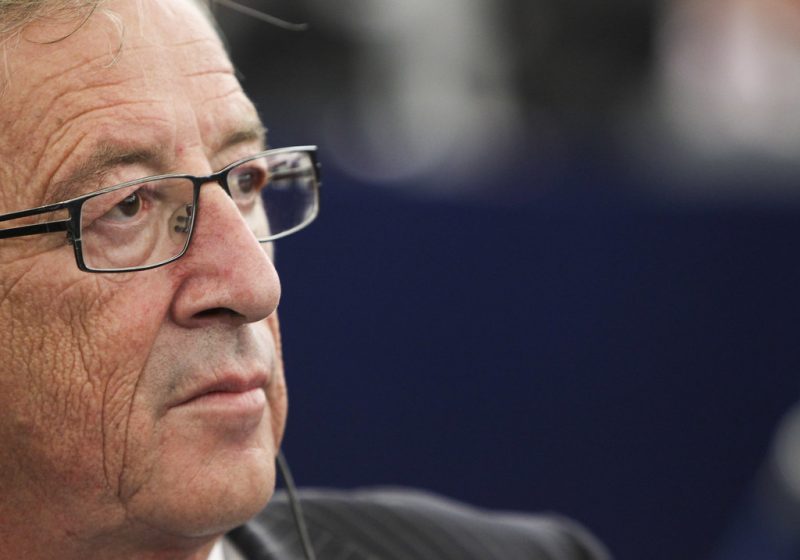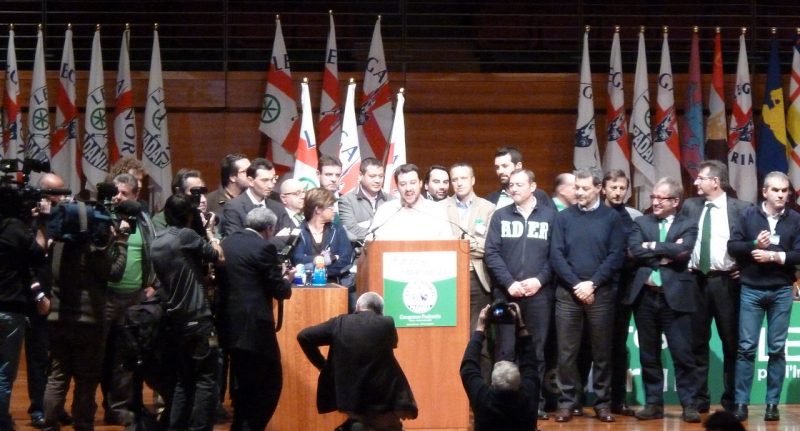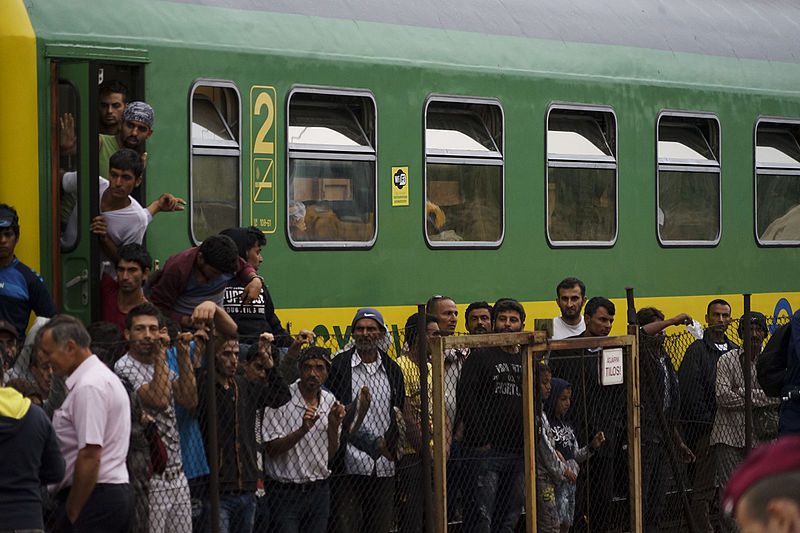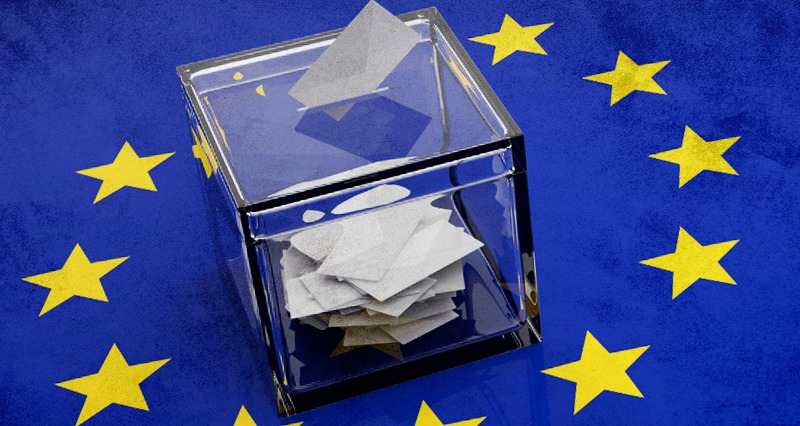The European elections will be held on May 26, 2019. They represent an important challenge for the social democrats and liberals of Europe. This is largely due to the rise of patriotic and Eurosceptic parties that reject Brussel’s policies and ideology.
The traditional parties that have dominated the political spectrum in the European Union for some time may very well lose out against rising Eurosceptic movements.
The main parties:
In recent statements, Matteo Salvini, vice president and interior minister of Italy indicated that he has managed to unite 11 anti-EU parties, whose goal is not to leave the EU but to reform it. In this field, one of his greatest allies is France’s Marine Le Pen of the National Rally, along with others groups like the Brexit Party. Of the 5 largest parties in these elections, 4 are eurosceptic.
While the polls are still provisional, we can note that Eurosceptic groups have been growing despite attempts at censorship and the impositions of the European Union. This has generated hysteria among the Eurocrats like Jean-Claude Juncker (President of the European Commission), who, in an interview with CNN, complained about the “stupid nationalist movements” that seek reform or exit from the EU.

The arguments:
National sovereignty
Many of these political movements feel that the gradual transfer of power to the European Union was weakening the image and importance of the Nation State, leaving it at the mercy of decisions made by Brussels. This aspect has a direct impact on the countries in terms of their independence, sovereignty and the ability to decide their own destiny. Many of these countries (particularly in the Mediterranean and Eastern Europe) agree that the “two-speed Europe” is a product of decisions that were made by the European Union hat favor the industrialized countries that enjoy a privileged situation and at the expense of the “service countries” of the Mediterranean.
On the other hand, a Eurosceptic vision is prevalent in countries like the United Kingdom, where a lack of solidarity between states created a feeling of rejection for supporters of the Brexit Party. There is a degree of different sentiments within the EU, from those that justify economic injections to countries in crisis, to those that simply refuse to have their money spent rescuing other countries from bankruptcy.
Economic Sovereignty
In this regard, they all agree in one way or another regarding the financial mismanagement of the EU. The EU uses economic measures to pressure countries to push certain social and economic outlooks that have been met with rejection throughout the continent. Another important aspect is the economic recovery made by countries that were not linked to the Euro, leading to man to question whether Brussel’s formulas are valid and fair for the entire continent.
The Eurosceptic movements agree that monetary sovereignty is an essential part of national sovereignty, and that, along with this, the policy of EU enforced budget cuts on countries favors speculation by big banks and finance seriously hurting the people’s right to work, health, housing, education and social protection.

Wikipedia
Tradition, identity and Christian morality
The eurosceptic parties believe that the EU is imposing a kind of social engineering on its member states, particularly with regard to the LGBT agenda and its political-social derivatives. ‘Progressive’ gender policies such as those that force countries to equalize the number of women and men in the workplace, as well as wages. These measures often ignore the standard logic of business in which you pay according to the position and the work of each person.
The pillars of European civilization are based on the Greco-Roman tradition and the Christian tradition. Christianity particularly asserts the value of life, family and morals that shaped Europe, something that the EU seems to ignore with its materialistic vision.
Border control and immigration
Most liberal politicians and social democrats agree to cede control of their border to the EU seeing the move as something inherently positive, which has generated strong rejection throughout Europe and boosted the Eurosceptic movements. This issue is particularly sharp due to the massive waves of migration affecting the continent. There are already cities and towns where there are more immigrants from outside Europe than natives. This is worrisome because the future and the survival of European identity, tradition and morality are at stake.

Wikimedia commons
The EU is leading people to feel that it can do nothing but generate uncertainty. On the one hand, it carries out investment actions in Africa (especially in the Sahel region) to help the population not to migrate. Yet, on the other, it obliges States to accept illegal migrants with the excuse that they are refugees. Statements by the President of the European Commission are a good example of this. He has argued that the EU should fight against illegal immigration, while at the same time saying that “Europe would be lost without millions of African immigrants” or that “migrants need legal avenues to come to Europe “.
Juncker’s declarations come as a result of the low birth rate in Europe, whose formula to counter this effect was to bring millions of extra-European immigrants, a thesis shared by the social democratic and liberal parties, but contrary to what nationalist parties offer. Populist and nationalist parties promote natalism among the native European population to avoid its replacement.

















Leave a Reply